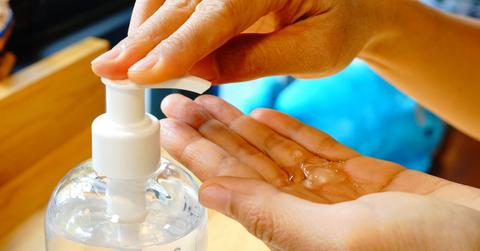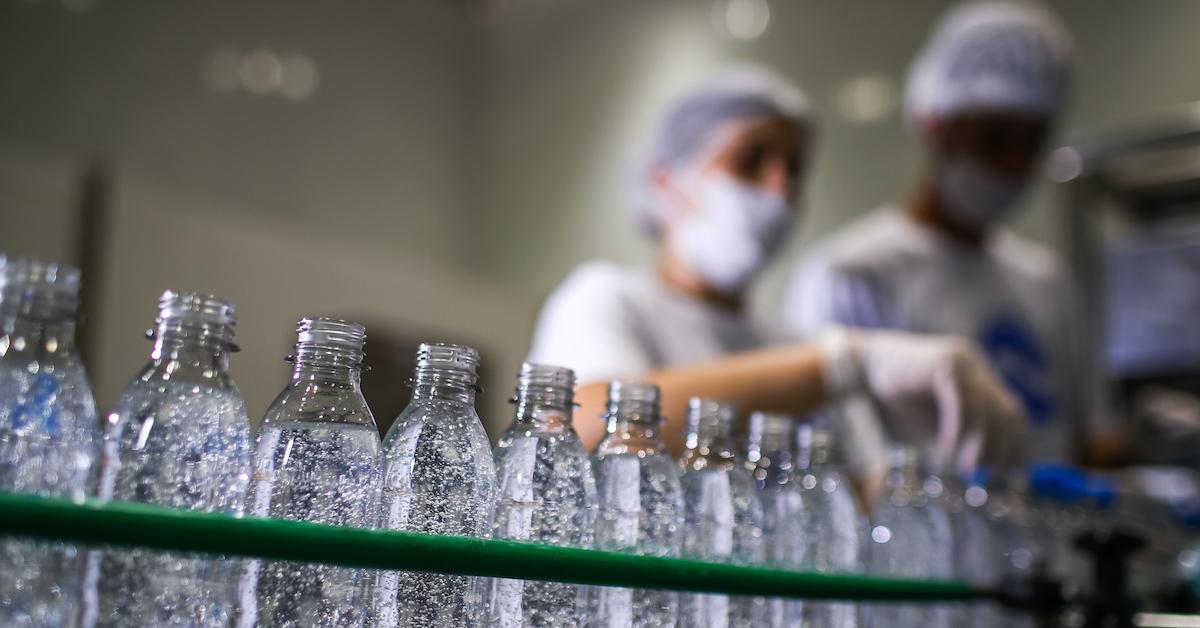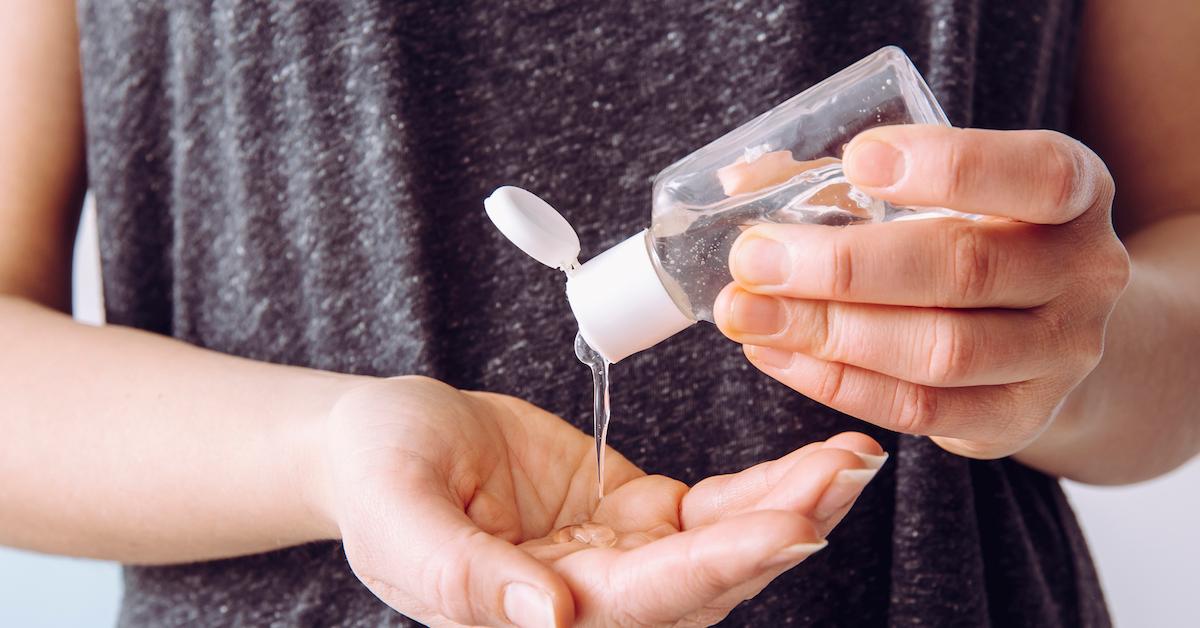This Is Why Some Hand Sanitizer Smells Really, Really Bad
Updated July 24 2020, 4:01 p.m. ET

If you haven’t increased your hand sanitizer usage over the last four months, then you’re doing something wrong. Though the CDC recommends hand-washing over everything else, it also cites sanitizers that contain at least 60 percent alcohol as a good alternative when soap and water is unavailable.
Given skyrocketing demand for the product — especially name brands like Purell and Germ-X — businesses that don’t normally make hand sanitizer are manufacturing their own to sell. But why do so many of these newer formulas smell bad? The answer is actually pretty straightforward.
Why does hand sanitizer smell bad now?
Thanks to writer Gregory Han, who interviewed a slew of experts about this specific question for a recent Wirecutter piece, we now know why some hand sanitizers have really awful aromas. According to Bryan Zlotnik, COO of perfume manufacturer Alpha Aromatics, it has to do with the type of ethanol that is used.
"It stinks because these new brands — many made by distillers who’ve pivoted from producing drinking alcohol to meet public demand for hand sanitizer — are making and using denatured ethanol," he explained, noting that the unpleasant scent is a natural byproduct of ethanol.

Unfiltered and denatured ethanol, which is made from corn, sugar cane, beets, and other organic sources, "costs significantly less than ethanol filtered using activated carbon filtration," Zlotnik said. Meanwhile, trusted brands like Purell use a type of ethanol that has highly regulated production yet removes almost all contaminants.
Zlotnik added that denatured ethanol is smelly by design to dissuade people from drinking it. In order to achieve that, the alcohol is "intentionally tainted with an unpalatable cocktail of chemicals such as methanol, acetone, methyl ethyl ketone, and denatonium."
There is one upside to stinky hand sanitizer, says Pamela Dalton, a senior scientist at the Monell Chemical Senses Center in Philadelphia. "The malodor is a potent behavioral message to keep our hands away from our face, which is something we should be doing anyway," she told Wirecutter.
"While I normally do not want my hands to smell like a farm, it certainly did keep me from putting my hands anywhere near my face — and that could be a good thing!" she expressed. Just make sure that it contains at least 60 percent alcohol!

Should you make hand sanitizer at home?
Han also spoke to Li Wong, a qualified vintage aromatherapist, environmental scientist and biologist, and professional cosmetic formulator, about whether it’s safe to create your own sanitizer from an online recipe.
"I do not recommend that the average person make their own hand sanitizer," she stated. "Nearly every single recipe I have seen online or on the news has been improperly formulated."
Wong also discouraged readers from adding anything to sanitizers in an effort to make them smell better because it could compromise the formula.
But, as we recently learned, even store-bought sanitizers can be problematic. The FDA has identified at least 77 products in recent months that "contain dangerous and potentially deadly levels of wood alcohol," The Washington Post reports. Major retailers such as Walmart and Costco carried the items before they were recalled.
Be safe out there, folks.